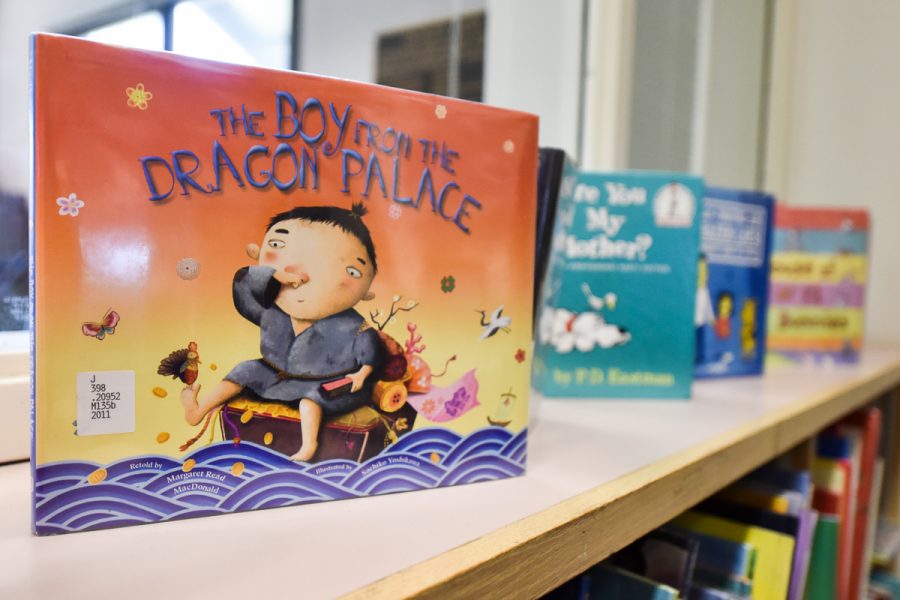With textbook prices ripping off even the best penny-pinchers, students are turning to a cheaper means to maintain their school budgets.
But despite downloadable “eTextbooks” at a fraction of the original price, students simply aren’t buying-and for good reason.
“It looked like a good choice, they make it seem real simple,” said Curtis Crispin, a 20-year-old History major. “But it’s deceptive.”
Crispin purchased an eTextbook for his Public Relations class for half the price as a physical copy. But after paying at the Bookstore and using an access code to download his textbook, the Web site wouldn’t let him.
“It’s like I get an account to have the free trial version,” he said. The Web site, Jumpbooks.com, denied him access to the actual eTextbook he purchased.
Some of the eBooks have been defective said Bookstore Director John Lorelli.
As of now, Crispin has gotten nowhere with the Jumpbooks complaint hotline or e-mail, he said.
When he questioned a Bookstore software tech, Crispin was told he wasn’t the first one to come in with the problem.
“Any eBook that is defective, we refund,” said Lorelli. “We’ve had all kinds of problems with these eBooks this semester and we’ve been accomodating.”
Crispin’s Instructor for the class, Julia McHugh, now strongly advises against the purchase of eTextbooks.
“I had to make it very clear in class not to use the eBook,” she said. “Going into it and having it be screwed up is impacting my ability to move forward with class.”
McHugh blames its disfunctions on being a first-generation piece of technology.
“There’s a lot of hiccups,” she said, but thinks the product only has room to improve in the future.
For other students, the temptation of purchasing a heavily discounted eTextbook simply isn’t strong enough to override the physical textbook familiarity.
“I see that’s where books are going in the future, but for now I want a physical textbook,” said Cynthia Pinedo, a 24-year-old Marketing major.
She uses her computer enough for browsing the Internet and writing essays for school, and isn’t interested in buying an online version of a textbook, she said.
The book is available as a file on your computer, and students can add bookmarks, notes, and highlights, although there is no ability to copy or paste the text.
The eTextbook file expires after the semester ends. But Pinedo likes the opportunity to sell her book when she’s finished with the course.
“I’m a buy-back fan,” she said.
Some students are tentative to such a digital alternative because they’re unsure of its restrictions. Many prefer the security of having access to physical paper pages.
“It limits you to always having to be in front of the screen,” said Alex Peterfy, a 20-year-old student still looking to buy the required textbook for his intermediate algebra course.
Even when certain titles’ discounted and used textbooks were sold out in the Bookstore, students were picking up the full priced textbook itself rather than a flier for the downloadable substitute.
Bringing the eTextbook to class along with other books and materials isn’t appealing, according to Enrique Sotello, an 18-year-old Psychology major.
“I’d have to carry my laptop with me,” he said.
While rifling through the shelf unable to find his textbook at a discounted price, he was uninterested in the Jumpbooks.com plug for his title.
For the students who wait for a teacher to argue a textbook’s necessity in the course, the used and discounted books are going fast.
If no interest lies in paying full price, it’s between the eTextbooks that are affiliated with the Bookstore, or titles from bargain sites that give the store no income at all.
The Channels’ attempts to reach Jumpbooks.com for comment were unsuccessful.







